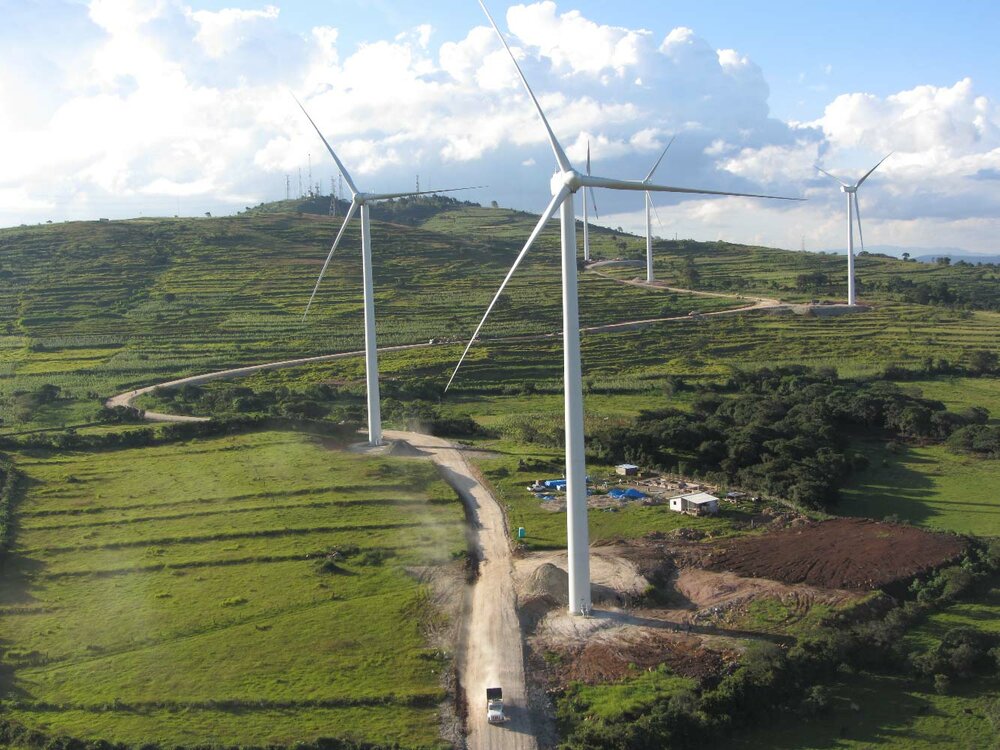Mexico has been a non-regional CABEI member since 1992 with an authorized stake of USD306.25 million in the Bank's share capital and capital contributions of USD76.56 million, ranking as the third largest shareholder within the group of non-regional members with 5.03%.
The contribution that Mexico channels to the Central American region through CABEI is based on various financial cooperation instruments with Banco Nacional de Comercio Exterior S.N.C. (Bancomext) for a total amount of USD520.8 million. The relationship between the Bank and this country was solidified in 2008 with the launching of the Central American Social Housing Development Program. It falls under the framework of the Mesoamerican Integration and Development Project (formerly Plan Puebla Panamá). Since that date, the Mexican government has made resources available to develop a sustainable market for long-term housing finance in the Central American region that addresses the housing deficit and future needs in this area. Throughout the Program's existence, 59 disbursements have been made through 14 intermediary institutions. In total, 192.7% of the initial financing available has been channeled, benefiting a total of 8,032 low- income households, which can now enjoy a more dignified home.
CABEI receives award denominated "Best Green Issuer in Latin America"

The award recognizes CABEI's leadership in the provision of financial resources for programs and projects that help its member countries adopt climate change mitigation and adaptation practices.
Tegucigalpa, November 15, 2017. - The magazine denominated, “Capital Finance International (CFI),” which is based in London, England awarded the Central American Bank for Economic Integration (CABEI) the 2017 Best Green Issuer in Latin America Award.
The magazine highlighted the Bank's pioneering role regarding financing for its member countries to help them adopt climate change mitigation and adaptation practices. This role includes, among others, the issuance of green bonds and its accreditation with the Green Climate Fund in order to increase the flow of financial resources to its member countries to face climate change.
Last year, CABEI launched its first green bond. The four-year bonds denominated in ZAR were sold to retail investors in Japan who raised ZAR1,032,000, which is equivalent to US$72,865,918.
The green bonds represent a new source of financing to reach investors who are committed to environmental sustainability and identify with the Bank's vision in this matter, as well as with the nature of the development projects it finances.
CABEI Executive President, Dr. Nick Rischbieth, stated that, "These issues position CABEI in the international arena of sustainable investment, boost the economy and mobilize financing from the private and public sector, aimed at combating climate change."
Both actions are directly linked to the commitment of CABEI authorities to support the region in channeling financial resources for projects aimed at increasing the resilience of the countries of the region to face the effects of climate change.
Dr. Rischbieth added that, “This award recognizes CABEI’s continuous work focused on promoting the region’s development and integration. It motivates us to continue seeking financial solutions to support the member countries to achieve sustainable economic and social development."








